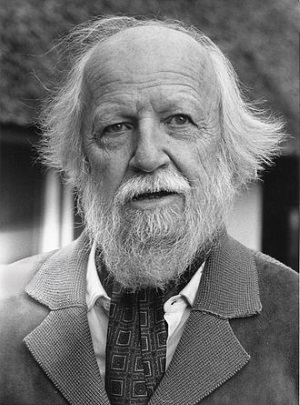
William Golding was born on September 19, 1911, in Saint Columb Minor, Cornwall. He was raised in a 14th-century house next door to a graveyard. His mother, Mildred, was an active suffragette who fought for women’s right to vote. His father, Alex, worked as a schoolmaster.
William received his early education at the school his father ran, Marlborough Grammar School. When William was just 12 years old, he attempted, unsuccessfully, to write a novel. A frustrated child, he found an outlet in bullying his peers. Later in life, William would describe his childhood self as a brat, even going so far as to say, “I enjoyed hurting people.”
After primary school, William went on to attend Brasenose College at Oxford University. His father hoped he would become a scientist, but William opted to study English literature instead. In 1934, a year before he graduated, William published his first work, a book of poetry aptly entitled Poems. The collection was largely overlooked by critics.
After college, Golding worked in settlement houses and the theater for a time. Eventually, he decided to follow in his father’s footsteps. In 1935 Golding took a position teaching English and philosophy at Bishop Wordsworth’s School in Salisbury. Golding’s experience teaching unruly young boys would later serve as inspiration for his novel Lord of the Flies.